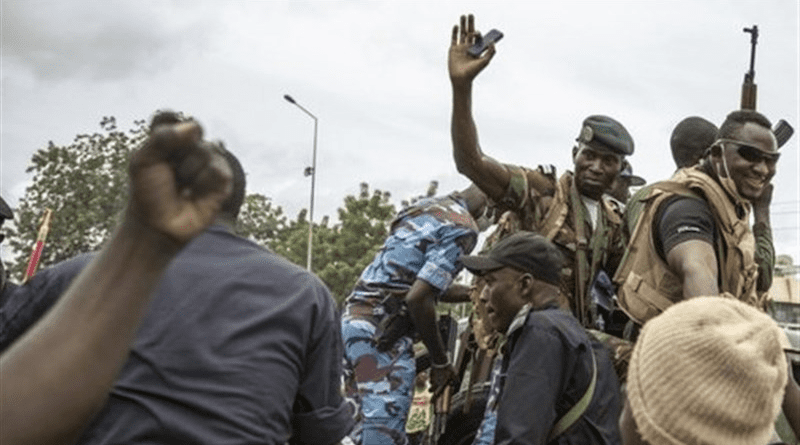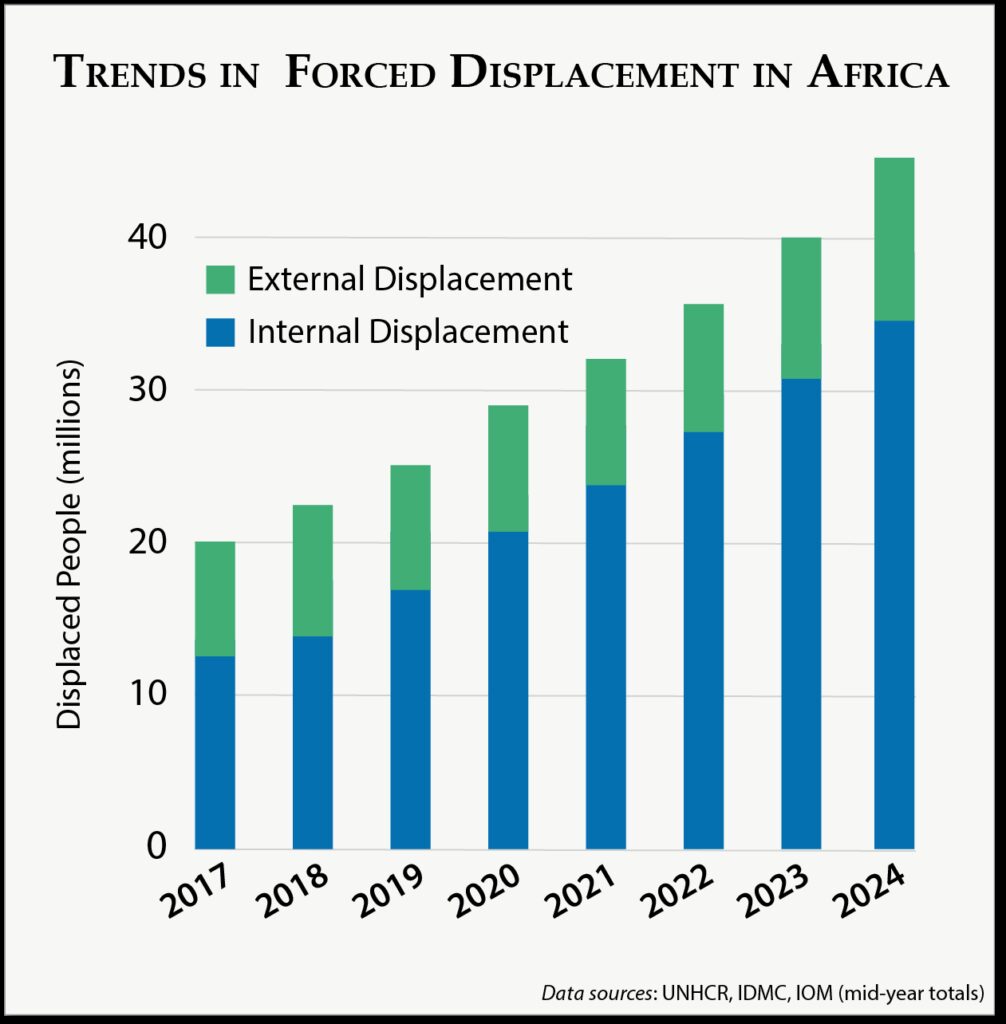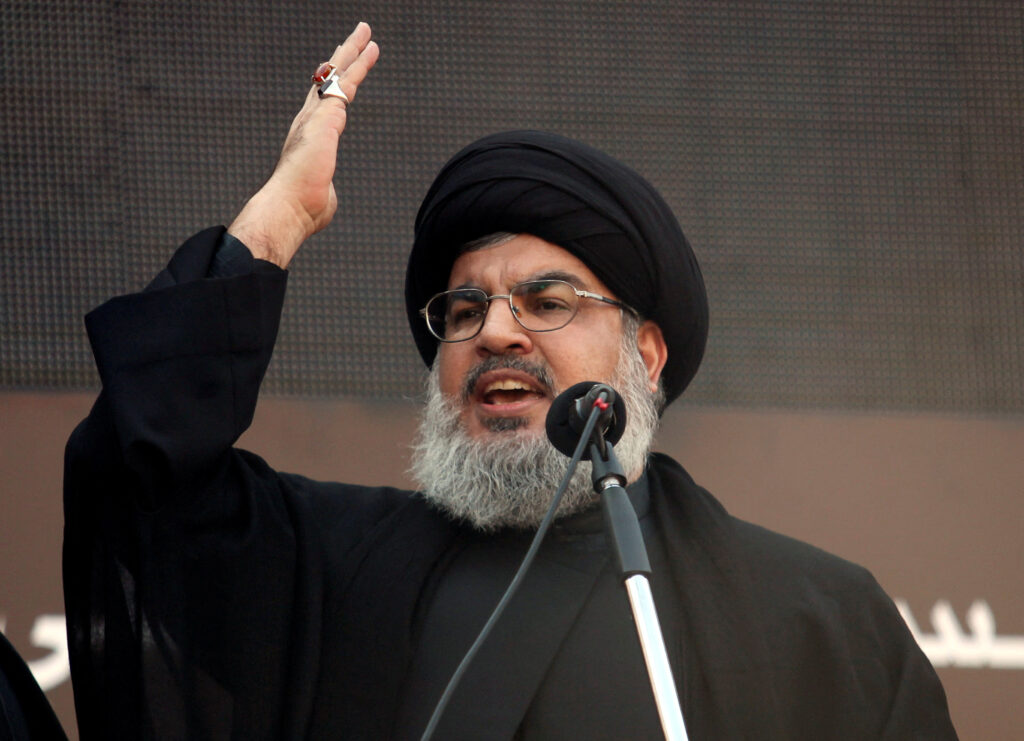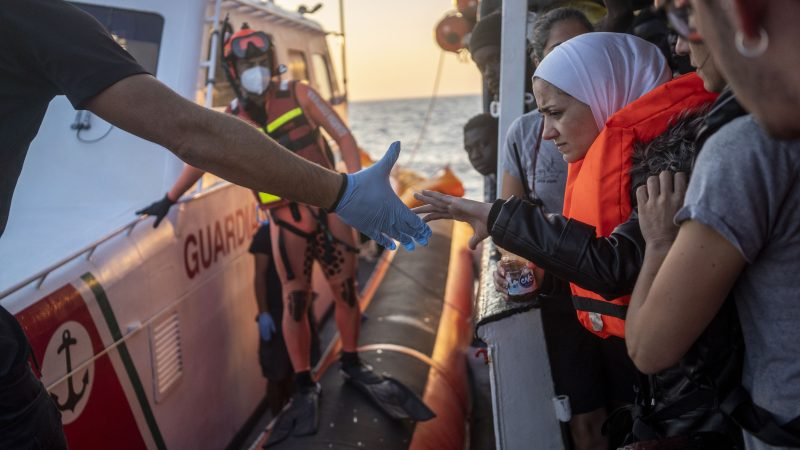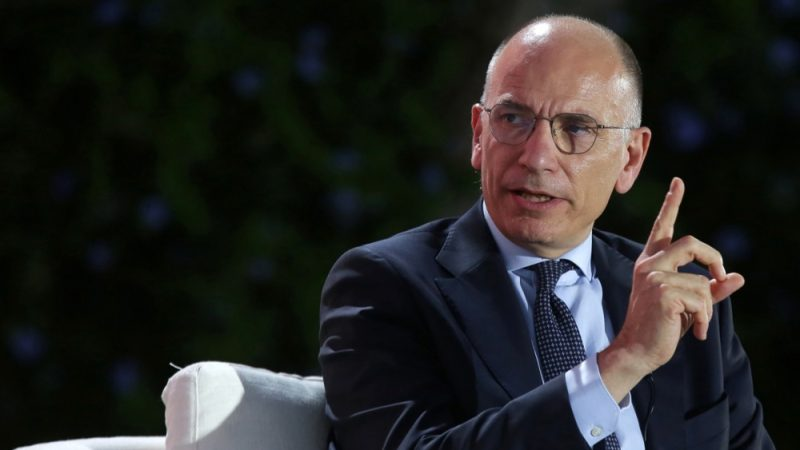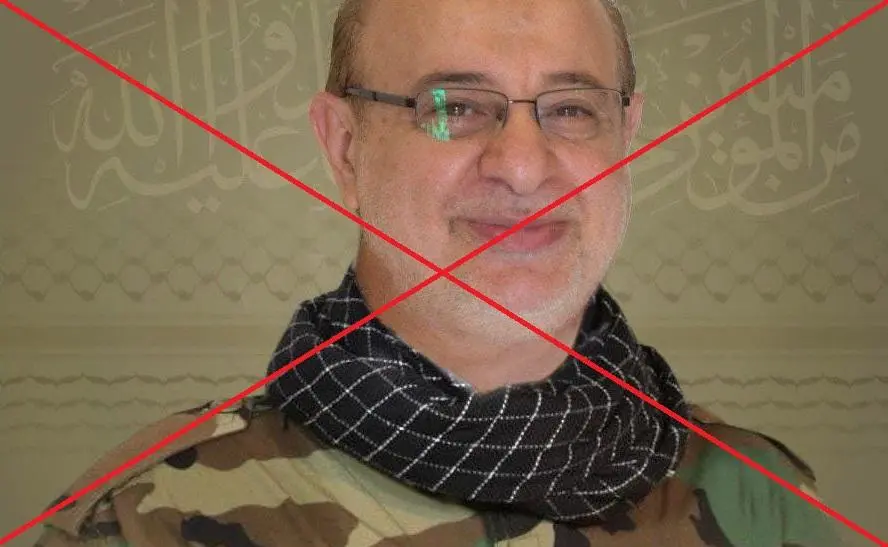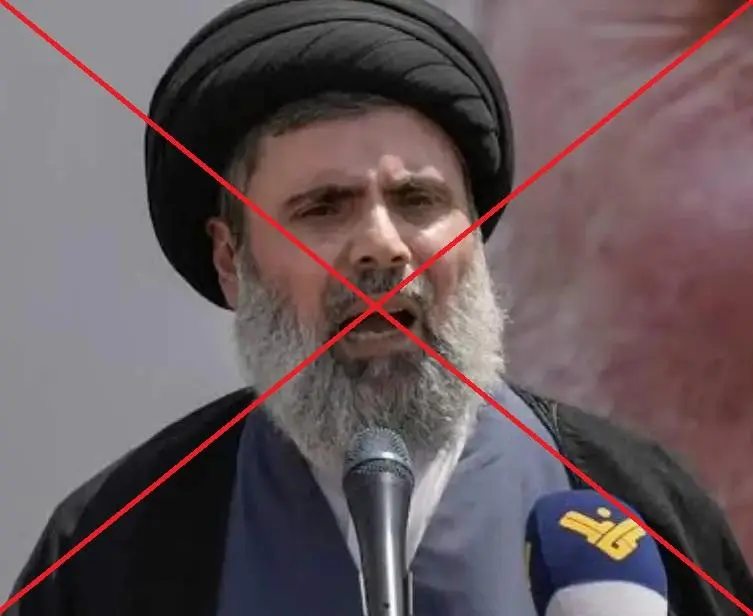Qasem Soleimani
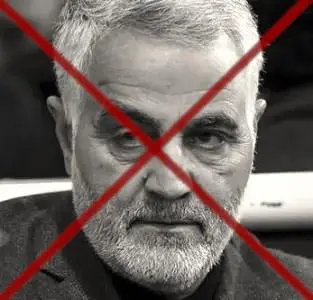
Terror organization: Islamic Revolutionary Guard Corps (IRGC)
Status: was an Iranian military officer who served in the Islamic Revolutionary Guard Corps (IRGC). From 1998 until his assassination by the United States in 2020, he was the commander of the Quds Force, an IRGC division primarily responsible for extraterritorial and clandestine military operations, and played a key role in the Syrian Civil War through securing Russian intervention.

